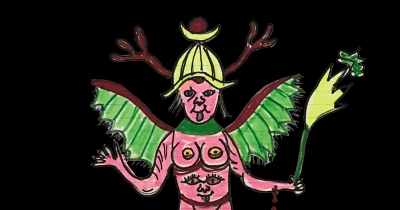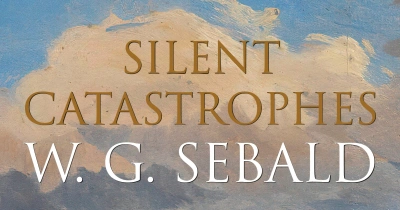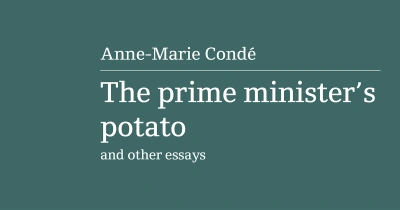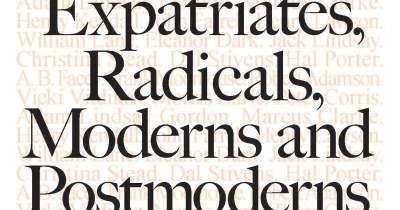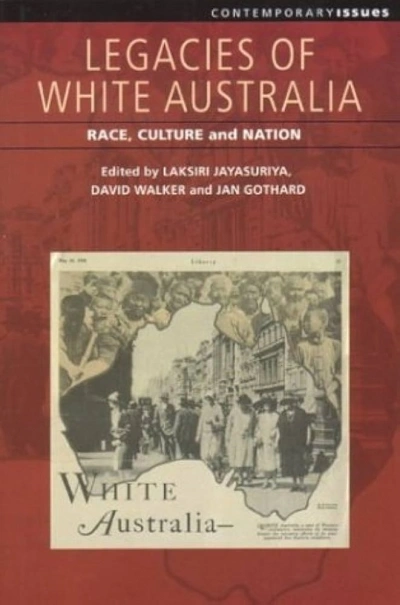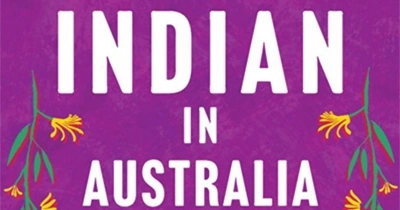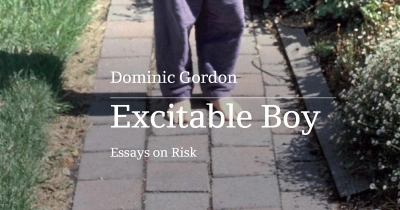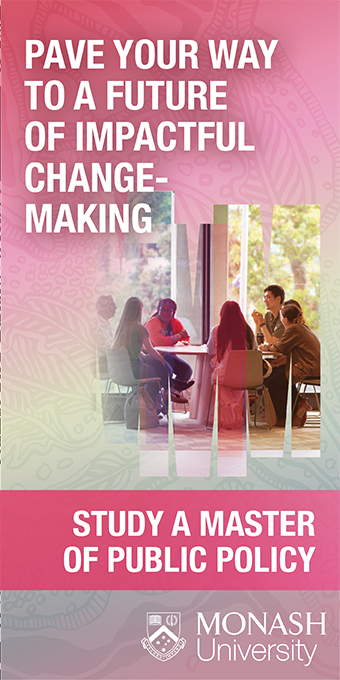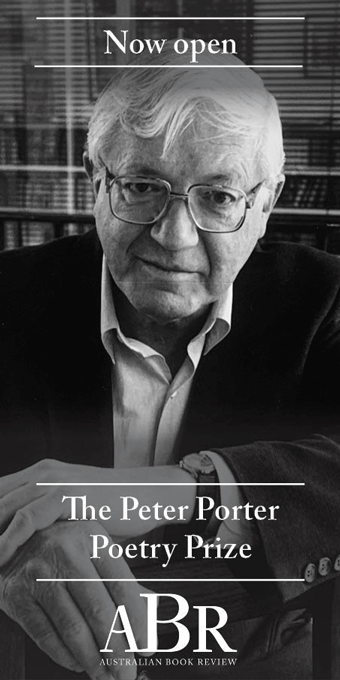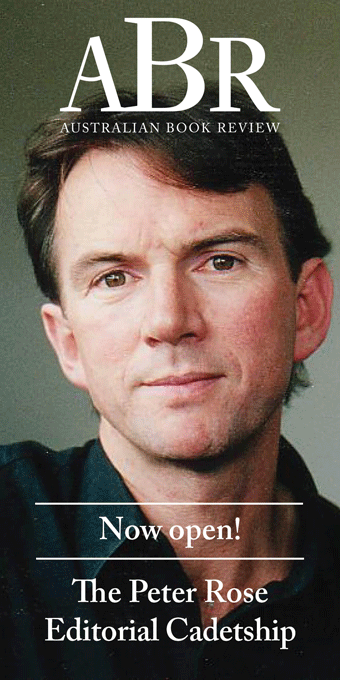Essays
This week on the ABR Podcast we feature Robin Boord’s essay ‘Consolation of Clouds’, which was placed third in the 2025 Calibre Essay Prize. The essay conveys the mystery surrounding the death of a woman’s father, a pilot in the Korean War, who died unexpectedly at home after a mechanical failure on a training flight.
... (read more)Dysphoria Mundi: A diary of planetary transition by Paul B. Preciado
by Patrick Flanery •
Silent Catastrophes: Essays in Austrian literature by W.G. Sebald, translated from German by Jo Catling
by Andrew McCann •
The Prime Minister’s Potato: And other essays by Anne-Marie Condé
by Jim Davidson •
Colonials, Expatriates, Radicals, Moderns and Postmoderns: Essays in Australian literature by Michael Wilding
by Philip Mead •
On This Ground: Best Australian nature writing edited by Dave Witty
by Nicole Hasham •
Essays That Changed Australia: Meanjin 1940 to today edited by Esther Anatolitis
by Wilfrid Prest •
Legacies of White Australia: Race, culture and nation edited by Laksiri Jayasuriya, David Walker and Jan Gothard
by Peter Sherlock •



